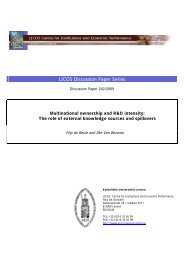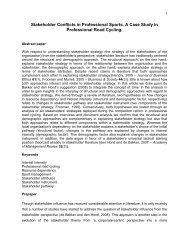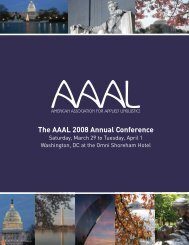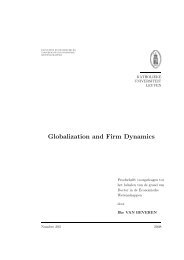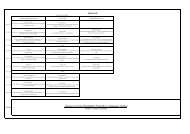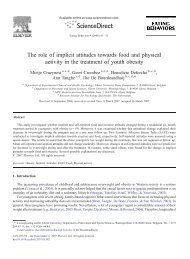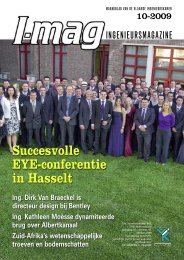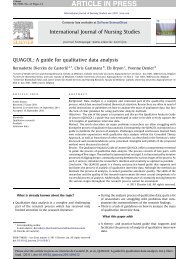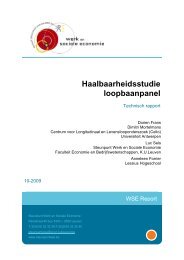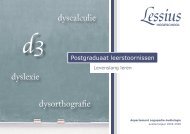View/Open - Lirias@Lessius
View/Open - Lirias@Lessius
View/Open - Lirias@Lessius
You also want an ePaper? Increase the reach of your titles
YUMPU automatically turns print PDFs into web optimized ePapers that Google loves.
Cyprus: The Belgian ‘Tool Box’ Revisited<br />
Many things can still be learnt<br />
from the Belgian experience: in<br />
the first place, the willingness<br />
for dialogue and the search for<br />
compromise<br />
region would fall under the responsibility<br />
of the Flemish and the French communities,<br />
respectively, although only<br />
as far as the personally-bounded competences<br />
like culture and education are<br />
concerned. The German-speaking area<br />
was too small to be a separate region, but<br />
in order to respect the language and culture of the people, it would form the territorial<br />
base of the German-speaking community. Most, but not all, of the Dutchspeaking<br />
Flemish live on the territory of the Flemish region; most, but not all, of<br />
the French speakers live in the territory of the Walloon region. This holds true<br />
also for the German-speaking Belgians; on the territory of the Brussels region<br />
Dutch-speaking and French-speaking Belgians live together, which makes Brussels<br />
the only region where the two main communities meet. It has to be stressed<br />
that the borders of the regions and the communities do not overlap, because the<br />
existence of “bilingual Brussels” and the “German-speaking area” makes a clear<br />
division between the two main groups impossible. The majority of both groups<br />
live in unilingually administered regions.<br />
So we see in Belgium the emergence of sub-national, regional governance,<br />
which manifests, according to Cooper “…the movement in many countries towards<br />
greater regional autonomy… part of a process which is creating more pluralistic<br />
states in which power is diffused more widely. This development of state<br />
structures is matched by a society that is more sceptical of state power, less nationalistic,<br />
in which multiple identities thrive…” 6<br />
Accordingly, the overarching principles of Belgian federalism are the following:<br />
1. There is no hierarchy in norms. The regional decree has the same value as<br />
federal law.<br />
2. There are no shared competences: they are either exclusive or mixed. Every<br />
conflict is automatically a conflict of competences, but there are various judicial<br />
and political mechanisms to resolve them.<br />
3. There is a parallelism between internal and external competences, which<br />
is expressed with the Latin adage in foro interno, in foro externo. The regions and<br />
communities can conduct their own foreign policy in those fields in which they<br />
are internally competent. To preserve the coherence of Belgian foreign policy, sev-<br />
115



